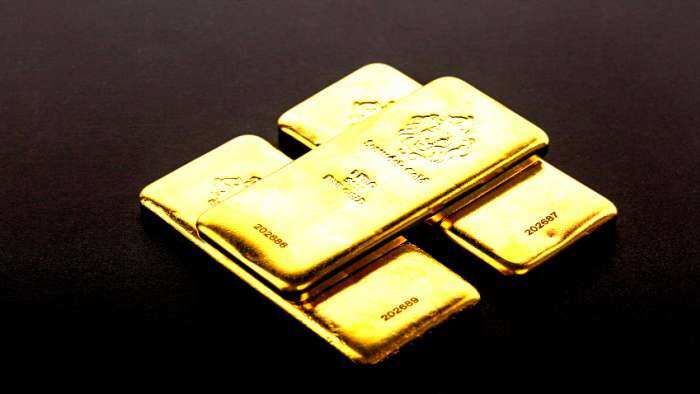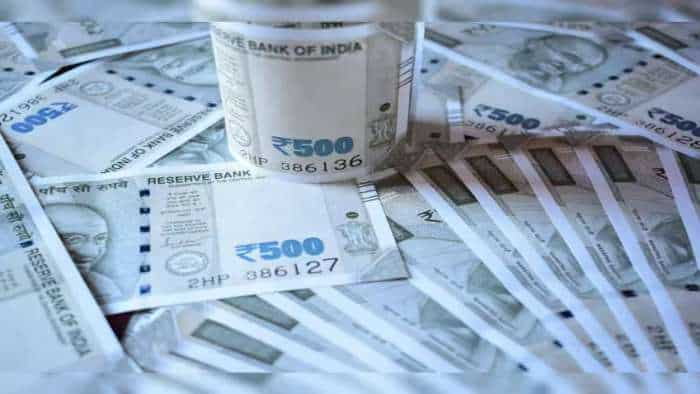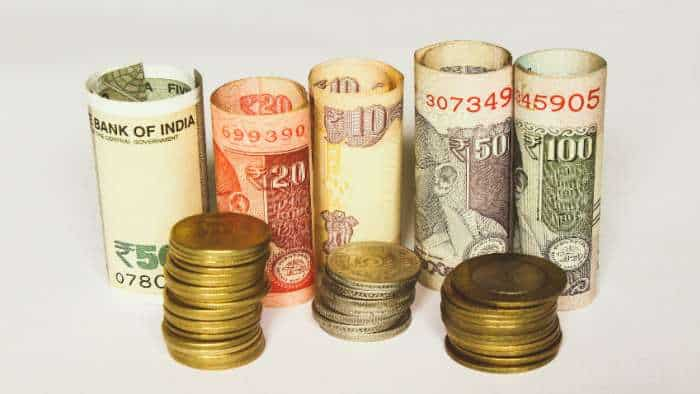Resilient domestic growth, continued policy support give India Inc a strong credit boost
The annualised upgrade rate of 14.5 per cent outpaced the average of 11 per cent for the past decade, while the downgrade rate of 5.3 per cent was lower than the 10-year average of 6.5 per cent. Notably, the rating reaffirmation rate continued to be stable at 80 per cent.
)
Leading credit ratings agencies on Tuesday highlighted the sustained strengthening of India Inc's credit quality, reflecting resilient domestic growth supported by the government's continued policy support.
Crisil Ratings upgraded 506 companies in the first half of the current fiscal compared to 1 84 downgrades, which is an upgrade-to-downgrade ratio of 2.75 from 1.79 times in the second half of last fiscal.
The annualised upgrade rate of 14.5 per cent outpaced the average of 11 per cent for the past decade, while the downgrade rate of 5.3 per cent was lower than the 10-year average of 6.5 per cent. Notably, the rating reaffirmation rate continued to be stable at 80 per cent.
“Rating upgrades continued to surpass downgrades, reflecting resilient domestic growth, supported by the government's continued policy support towards infrastructure build, the revival of rural consumption demand and leaner corporate balance sheets,” said Subodh Rai, Managing Director, CRISIL Ratings.
As many as 38 per cent of the upgrades were from the infrastructure and linked sectors.
The primary drivers include acquisitions by strong sponsors and lower-than-expected debt, particularly in the renewables sector, reduction in project risks as road projects achieve critical milestones, progressive order execution in construction and a healthy order book in the capital goods sector, Rai explained.
ICRA said that the overall credit conditions in the corporate and the financial sector have remained conducive in the past three years, which has contributed to a much higher proportion of rating upgrades than downgrades.
The rating actions in the first half of the current fiscal (FY25) marked a continuation of these trends.
The credit ratio of ICRA-assigned ratings, defined as the ratio of the number of upgrades to that of downgrades, stood at 2.2 times in H1 FY 2025 (2.1 times in FY 2024), an outcome of the largely benign operating environment, demand buoyancy in select sectors, improvement in risk profiles as assets transitioned from project-stage to operational-stage, and a broader trend in de-leveraging.
K. Ravichandran, Chief Rating Officer, ICRA said that the credit quality of India Inc remains steady, and in the past six months, there hasn't been an imperative to change the outlook on any sector.
Improving business fundamentals, and not mere industry tailwinds, has been the primary driver of rating upgrades over the years and H1 FY2025 was no exception.
Around 50 per cent of the rating upgrades were driven by the growth in profits supported by economies of scale, or the operationalisation of projects and hence the ebbing of project risks, and other business-related factors, said ICRA.
As per CareEdge Ratings, the credit ratio remained close to the 10-year average of 1.59. The credit ratio of the infrastructure sector experienced an uptick in H1 FY25 at 3.50, driven by a significant number of upgrades in the power and construction sectors.
Sachin Gupta, Executive Director and Chief Rating Officer at CareEdge Ratings, said in the first half of FY25, Indian corporates have navigated global uncertainties with cautious optimism.
“Looking ahead, the upcoming festive season, with its potential for increased rural demand and consumer spending, could enhance the credit profile in the second half of FY25,” he added.
Get Latest Business News, Stock Market Updates and Videos; Check your tax outgo through Income Tax Calculator and save money through our Personal Finance coverage. Check Business Breaking News Live on Zee Business Twitter and Facebook. Subscribe on YouTube.
RECOMMENDED STORIES

Power of Compounding: How much corpus you can generate with Rs 8,000 monthly SIP investment in 20, 25, 30, and 35 years | See Calculations

Rs 55 lakh Home Loan vs Rs 55 lakh SIP investment: Which can be faster route to arrange money for Rs 61 lakh home? Know here

Top 7 Gold ETFs With Best Returns in 3 Years: No.1 ETF has converted Rs 7 lakh investment into Rs 10.80 lakh; know how others have fared
06:08 PM IST










 Indian hosiery makers to clock 10-12% revenue growth in FY25, says report
Indian hosiery makers to clock 10-12% revenue growth in FY25, says report Crisil reports 13% rise in Q3 net profit at Rs 171.55 crore
Crisil reports 13% rise in Q3 net profit at Rs 171.55 crore NBFCs tap alternatives to grow as loans from banks slow: Crisil Ratings
NBFCs tap alternatives to grow as loans from banks slow: Crisil Ratings GNPAs Gross non performing assets ratio to improve to decadal low in FY25 MFI loans unsecured need to be watched domestic rating agency Crisil
GNPAs Gross non performing assets ratio to improve to decadal low in FY25 MFI loans unsecured need to be watched domestic rating agency Crisil Indian IT services sector prepares for another year of sluggish revenue growth amid global economic challenges
Indian IT services sector prepares for another year of sluggish revenue growth amid global economic challenges